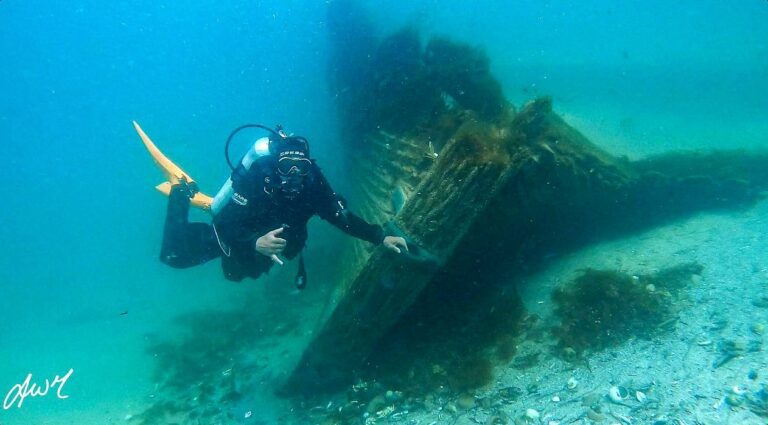Most scuba divers would be more than happy to discover one 19th-century shipwreck in their careers, but Jean-Simon Richard and his dive-buddies from Montreal in Quebec have found no fewer than seven in Canada’s Gulf of St Lawrence – in the first three months of this summer.
The discoveries were made around the Magdalen Islands, an archipelago of eight islands and smaller reefs located between Prince Edward Island and Newfoundland. The 205sq km of islands have a population of about 13,000 and, though closer to Newfoundland, are part of Quebec. The Gulf of St Lawrence is the Great Lakes’s outlet to the Atlantic Ocean.
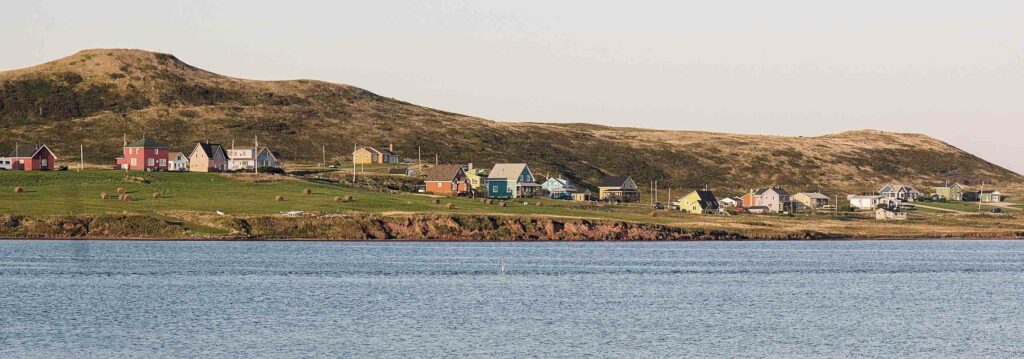
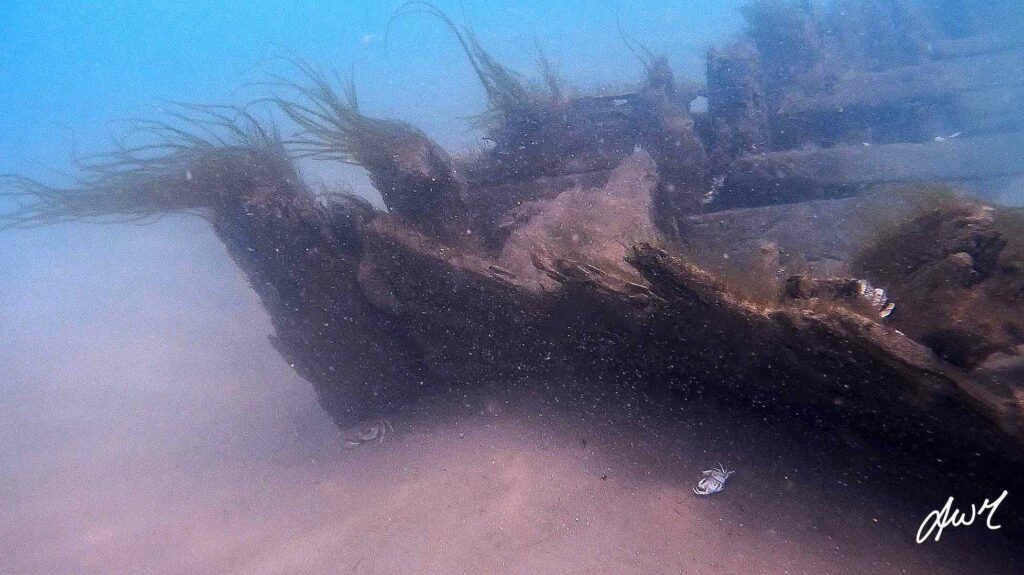
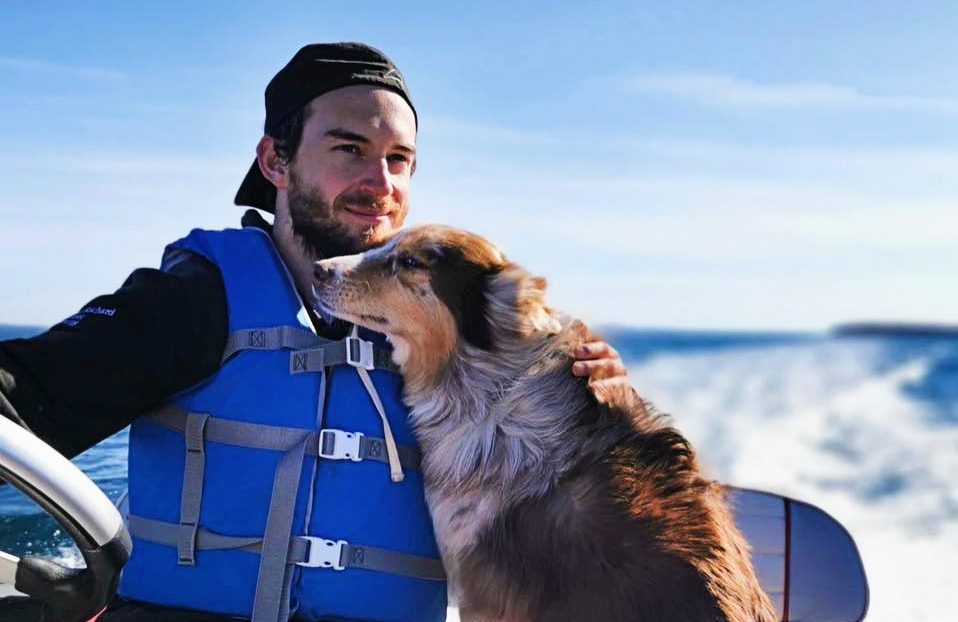
Richard is a veterinarian and has created his own archaeological and natural-history museum of the Magdalen Islands. He and two other divers, Alex William Miousse and Charles Cormier, made the shipwreck discoveries between May and July.
Five of the wrecks appear to be 12-15m-long schooners but the other two – considerably bigger at about 40m long – could be of greater interest and prove easier to identify. All are timber ships with copper sheathing on the hulls and brass nails securing the planks, indicating that they date from the 19th century.
The wrecks were found in shallow water, around the 6m mark. “There are still hundreds of undiscovered wrecks in the Magdalen Islands,” Richard told Divernet. “It’s supposed to be the second-largest ship cemetery in North America.”
Some 30 shipwrecks had been found before the dive-team’s discoveries, but that was over the space of many years. Many of the wrecks would have been victims of severe weather, with storms such as the “August Gale” hurricane of 1873 alone reported to have caused the sinking of some 60 ships.
The tally of 30 known wrecks has now been boosted by almost a quarter: “It’s quite impressive – usually one new shipwreck is a very good year!” agreed Richard.
Found by eye
The divers had concentrated their searches on parts of the gulf where they felt that a combination of reefs and currents would have been most likely to render ships of the past vulnerable, and were also sometimes following up on tips from the fishing community.
And rather than relying on technology to scan the bottom, in many case the wrecks could be located by eye alone before diving to check out the mark.
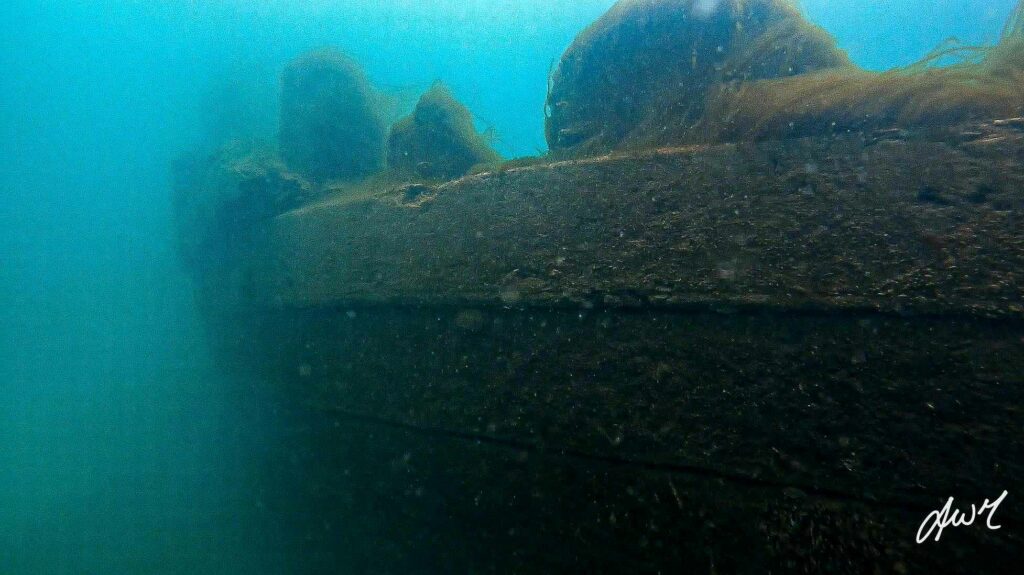
“Visibility is always changing – there are often strong winds here, and on these days the visibility is really bad,” said Richard. “But on other days when it’s calm the visibility gets a lot better. I don’t really know how far we can see, but we can just go around in boats and look for black spots on the seabed.”
So far no information has been turned up in the archives about any of the seven wrecks, but the divers have carefully documented them, taking measurements along with photographs and video.
It’s possible that their recent wreck-discovery bonanza was the result of storms shifting sediment as weather patterns change, but also that the wrecks had simply gone unnoticed in the vast expanses of the Gulf of St Lawrence.
The divers are sending a detailed report to Canada’s Receivers of Wreck and Quebec’s Culture & Communications Ministry, in the hope that maritime archaeological divers might be sent to learn more. And, in the meantime, they intend to carry out their own archival research – and to keep searching for more Gulf shipwrecks.
Also on Divernet: 2 ways to make a Canadian splash, Canada: MPAs to mean what they say, Clearance divers find live ordnance at WW2 disaster site, Diving Newfoundland at amazing Bell Island
